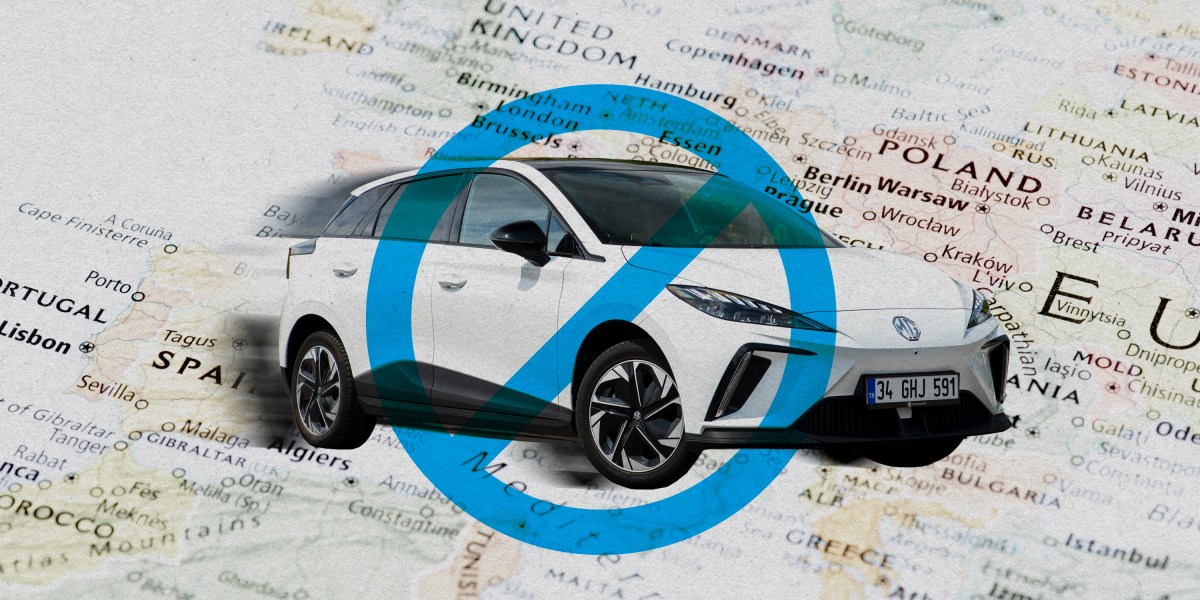Europe is about to crack down on Chinese electric cars

In the long term, it could get to a point where BYD will be able to sell its cars profitably in Europe while still keeping the price lower than the cost of production for European auto companies, says John Lee, a Berlin-based researcher and director of the consultancy East West Futures. And that would spell doom for them, he adds: “If you can’t sell at a price [that’s] competitive with your rivals without actually losing money on production, then that’s a death spiral.”
The threat from Chinese competitors feels so urgent that observers say this could be a life-or-death moment for well-known European brands like Volkswagen, the world’s largest automaker.
“[The fall of Volkswagen] is an extreme scenario, but it’s not implausible, and then you have the cascading effects,” says Lee. “The auto sector in Europe is quite transnational. Parts are made in Eastern and Central Europe, with Germany as a hub. That means there’s a potential flow of effects to Poland, to Hungary, and other places that make components.”
Allegations of unfair competition
So far, the only official details known about the investigation are what von der Leyen said in her speech: “Global markets are now flooded with cheaper Chinese electric cars. And their price is kept artificially low by huge state subsidies.”
The burden will be on China to demonstrate that the price of Chinese EVs is not subsidized. That will be a hard lift, since it’s well known that continued state support has been a big factor in the success of China’s EV industry.
While the most explicit Chinese government subsidy—a one-time purchase credit for consumers—ended in 2022, there are many other implicit subsidies still in place in the country, says Mazzocco. Examples include below-market credit, below-market equity, negotiated rates on land leases, and ad hoc tax cuts given by local governments.
“A year ago, we tried to quantify [EV] industrial policy spending in several countries, and we found that below-market credit was the most significant instrument used in China, and it was massive relative to every other country,” she says. “So I think if they want to find subsidies, they will find subsidies.”
If the investigation does find that Chinese companies indeed have an unfair advantage, European officials could institute a higher import duty on Chinese EVs. A full investigation may last about a year, says Alicia Garcia-Herrero, chief economist for Asia Pacific at Natixis, an investment management firm, who has advised the European Commission in the past.


